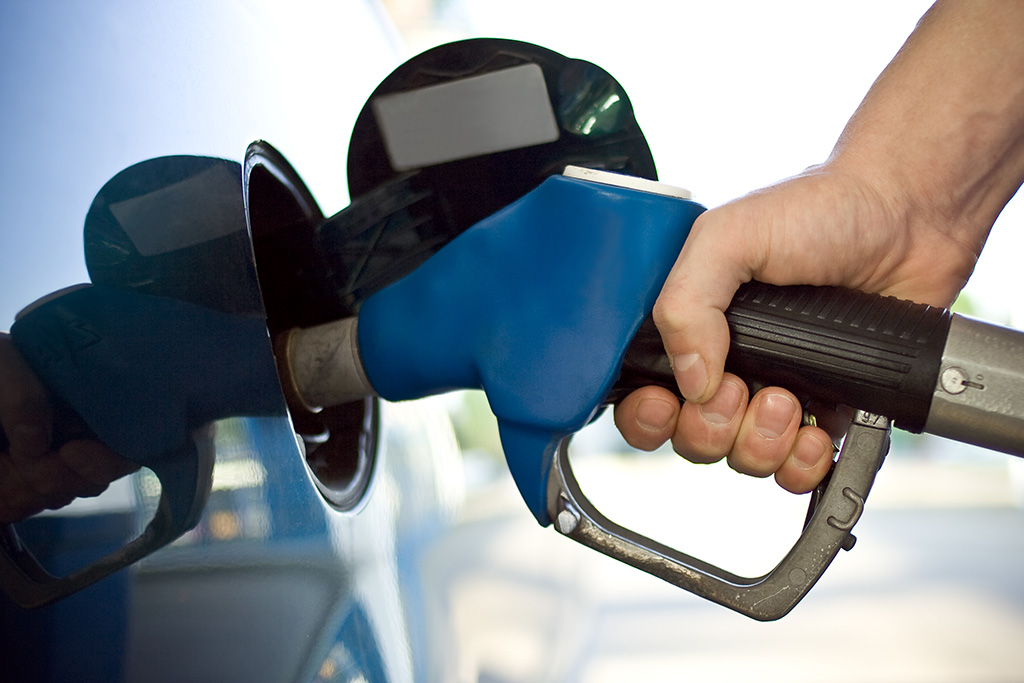Tax evasion and distortion of competition

by: Valentina Trevor
According to FGV, tax evasion in the fuel sector reaches R $ 4,8 billion per year.
Fuels, cigarettes and beverages are products that have a high tax burden in Brazil, reaching 50% of the final price.
From a competitive point of view, if all producers, distributors, resellers respected the law and worked legally, the market would remain balanced. However, the high tax burden opens up possibilities for tax evasion, which harms the market as a whole, creating a competitive distortion.
In the fuel sector alone, the states stopped collecting, in 2016, about R $ 4,8 billion in taxes, according to a study by the Getúlio Vargas Foundation (FGV) in July 2017. This figure represents only part of the taxes that are not paid to public coffers, related to ICMS.
That businessman who does not pay due taxes has a much greater margin to work, highlights Edson Vismona, Executive President of ETCO - Brazilian Institute of Ethics in Competition. According to him, there are companies structured to not pay taxes, which “push non-payment” and obtain disproportionate advantages in relation to the competition.
Ronaldo Redenschi and Julio Janolio, partners of the firm Vinhas e Redenschi Advogados also call attention to the judicial issue. With a fragmented judiciary, in a highly taxed sector such as fuel, what we see are “injunctions and injunctions that have a devastating effect on competition”, they say.
“The company that operates with an injunction has advantages over the competition by not paying the same taxes. And with the recent increases in state ICMS and PIS / Cofins by the federal government, this has become an almost daily problem, ”says Janolio.
From the point of view of the formal market, there is a concern to have respected free competition, which, according to him, does not happen with those persistent debtors, informal companies and those that operate with injunctions.
For Paulo Furquim de Azevedo, Coordinator of the Business Studies Center at Insper, “the actor most affected in this 'game' is the small businessman who wants to formalize himself. He competes directly with the one who evades ”.
The small distributor that wants to play the game honestly and wants to grow in the market is going to have a huge difficulty. It cannot put the price too low, because the tax burden is high. If a price similar to that offered by large distributors is placed, the consumer thinks it is expensive and supplies in the known. "If you do not have a consolidated brand, it is difficult to enter the market", highlights Furquim.
In addition, in the fuel sector, there is the issue of adulteration. This is perhaps an even more serious problem.
“This is a market where the consumer is not very aware of the product he buys. He gives preference to the brand that conveys more confidence. He pays for trust, even if he has to pay more for the same product, ”says Furquim.
Francisco Neves, Supply Supervision Superintendent of the National Oil and Gas Agency (ANP) highlights the importance of the consumer having an active and attentive attitude to the consumption environment. For him, it is important to know better the product he will acquire, the commercial rules, how to activate the control organs.
“Price is not the only factor that should be taken into account by the consumer. He must pay attention to the origin of the product, seek authorization for operation, see if the pumps have an Inmetro seal, request the invoice. All of this is part of the commercial relationship and brings security to the consumer. ”
In addition to the constant inspection by the ANP, other important actions that have been taken in order to avoid tax evasion and maintain a more competitive market, such as state laws to remove state registrations from irregular companies, the bill in progress in Congress to combat the stubborn debtor etc.
Source: Portal Jota (15/09)



